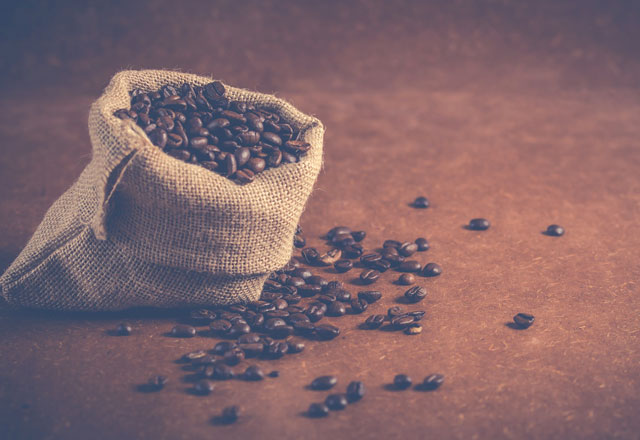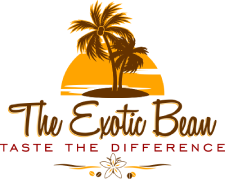The Latest on Coffee From Southeast Asia and Thailand

Many of us find our morning coffee to be a lifesaver, but in Doi Tung, Thailand, it literally has saved dozens of lives. For years, those living on the Thai-Myanmar border had few opportunities, and one of the only ways to survive was trading opium.
Naturally, this was a challenging way to live, between the threat of becoming addicted to the product, and getting caught in the crossfire of drug wars between rival opium traders. Each day could have been a fight for one’s very survival.
How the Doi Tung Development Project Changed Lives
That’s why many were extremely grateful in 1988, when Princess Srinagarindra set up the Doi Tung Development Project in Doi Tung. The Doi Tung Development Project put an end to the opium cultivation, and in its place, created a drug rehab center and job training program.
Of particular note, the local land was repurposed to grow more positive crops like fruits, vegetables, macadamia nuts, and of course, coffee.
As in other parts of the world, indigenous people in Thailand have often had a tremendous struggle. In Thailand, it is estimated that about 100,000 people have no state rights, no land rights, and some even have no homes at all. According to the Rights and Resources Initiative, indigenous people only have secure legal rights to 10 percent of their land, even though they own more than half of local land customarily.
In Thailand, the problem was exacerbated in 2014 when the military took over, taking back hundreds of acres of forest and farmland from indigenous people. This made the opportunities being provided by the Doi Tung Development Project even more vital.
The Doi Tung Development Project Today
The Doi Tung Development Project, which is currently run by the Mae Fah Luang Foundation, has been a huge boon to indigenous peoples in this area, as it provides 15,000 acres of forest where they can produce shade grown coffee, macadamia nuts, fruit, and other crops.
In 1989, the locals farming these crops received land-use titles that protect their ability to keep and farm the land, and to pass on that right to their children. While it is not the same as actually owning the land, it does give the holders of these titles an important sense of stewardship and value.
The project allows many people who formerly could have envisioned no future for themselves other than the endless, pervasive cycle of opium trading to get away from the deadly drug and create opportunities for themselves, their children and future generations – all through coffee.
The United Nations Heralds the Project as Significant
The United Nations Office on Drugs and Crime has held up the Doi Tung Development Project as a shining example of a way to curb the scourge of opium proliferation while protecting forests and the indigenous people who live in them. It is a self-sustaining project that generates about 15 million dollars a year in revenue, boosting per capital income nearly 3000 percent since the project began in 1988.
At The Exotic Bean, we love to support Thailand’s coffee farmers. That’s why our product is Paradise Mountain coffee, a USDA certified organic coffee from Paradise Mountain in Thailand that is shade-grown, farmed, sold and distributed according to direct trade practices and fully sustainable. It also tastes amazing.
To do your part to support these farmers and try some of the most flavorful coffee in the world, contact The Exotic Bean to order your Paradise Mountain coffee today.
